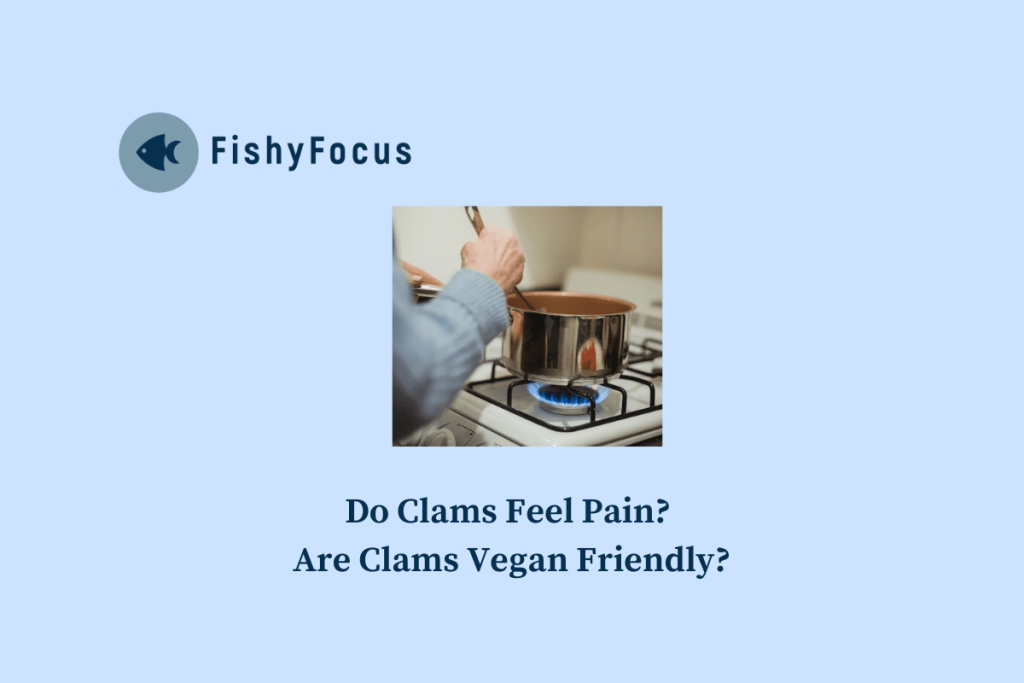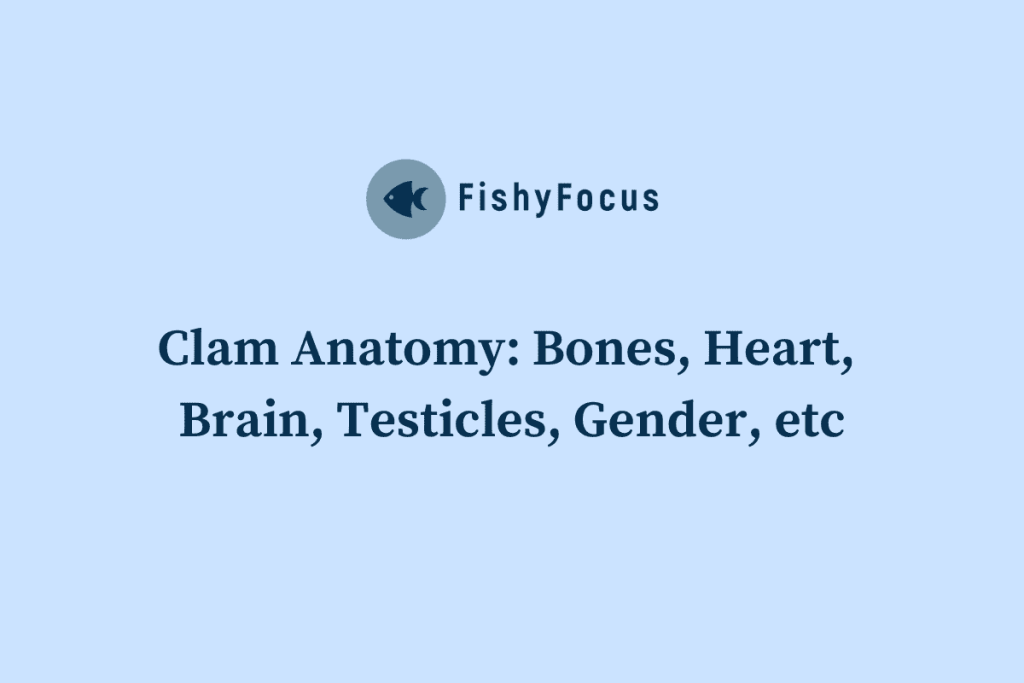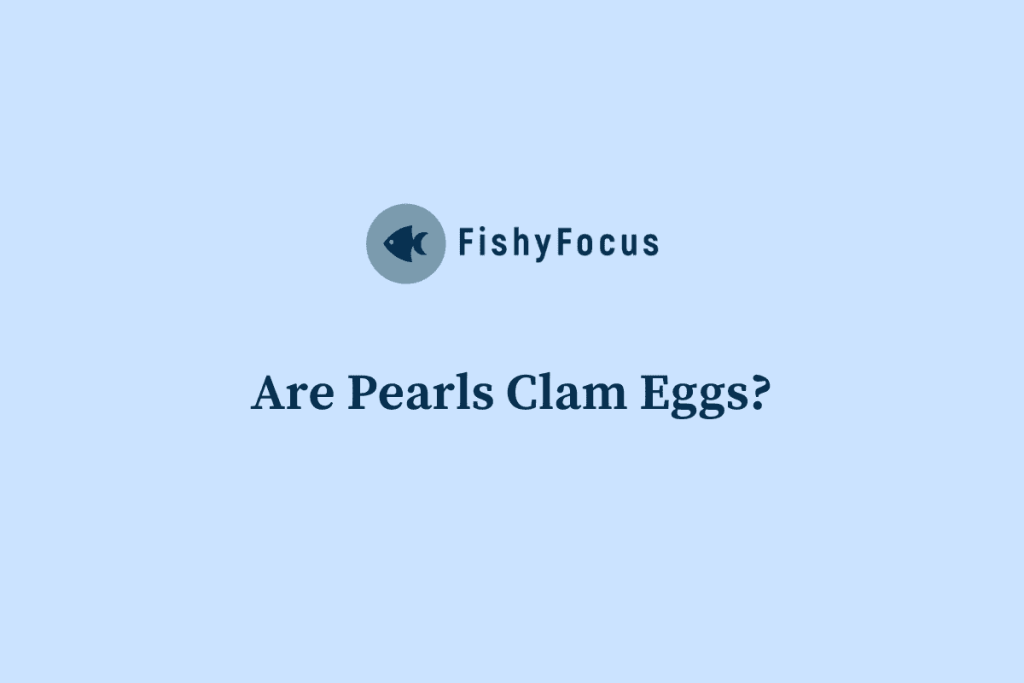Clams are bivalve mollusks that are found in both freshwater and marine environments. They are known for their hard shells and are a popular seafood delicacy. Clams play an important role in the ecosystem as filter feeders, helping to maintain water quality by removing excess nutrients and particles from the water.
Kelp, on the other hand, is a type of large brown seaweed that grows in underwater forests along coastlines. It is rich in nutrients and serves as a vital food source for many marine organisms, including clams. Kelp provides essential nutrients that are necessary for the growth and development of clams, making it an important component of their diet.
Key Takeaways
- Clams and kelp have a symbiotic relationship in the ocean.
- Kelp is a highly nutritious food source for clams.
- Clams consume kelp by filtering it from the water.
- Kelp plays a crucial role in the farming and growth of clams.
- Kelp supplements can improve the health and growth of clams.
Nutritional Value of Kelp for Clams
Kelp is packed with a wide range of nutrients that are beneficial for the health and growth of clams. It is rich in vitamins, minerals, and trace elements such as iodine, iron, calcium, magnesium, and potassium. These nutrients are essential for various physiological processes in clams, including shell formation, muscle development, and overall metabolic function.
Iodine, for example, is crucial for the proper functioning of the thyroid gland in clams. It helps regulate metabolism and growth, ensuring that clams develop and grow at a healthy rate. Iron is another important nutrient found in kelp that is necessary for the production of hemoglobin, which carries oxygen throughout the clam’s body.
Calcium and magnesium are essential for shell formation in clams. These minerals help strengthen the shells and protect them from damage or erosion. Potassium plays a role in maintaining proper cellular function and osmotic balance in clams.
How Clams Consume Kelp
Clams are filter feeders, meaning they extract food particles from the water by filtering it through their gills. They have specialized structures called gill filaments that are covered in tiny hair-like structures called cilia. These cilia create a current of water that flows over the gill filaments, trapping food particles such as kelp in the process.
As the water passes over the gill filaments, the clams extract nutrients from the kelp and other organic matter. The nutrients are then transported to various parts of the clam’s body through its circulatory system. The remaining waste material is expelled from the clam’s body in the form of feces.
The Role of Kelp in Clam Farming
Kelp plays a crucial role in clam farming as it provides a natural and sustainable source of nutrition for clams. In many clam farms, kelp is cultivated and used as a supplemental feed for the clams. It is typically harvested and processed into a form that can be easily consumed by the clams, such as dried or powdered kelp.
By incorporating kelp into their diet, clam farmers can ensure that their clams receive a balanced and nutritious diet. This can lead to healthier and more robust clams, which in turn can improve the overall productivity and profitability of the clam farm.
Kelp as a Natural Supplement for Clams
Kelp is often preferred over synthetic supplements in clam farming due to its natural composition and nutritional value. Synthetic supplements may contain artificial additives or lack certain essential nutrients that are present in kelp. By using kelp as a natural supplement, clam farmers can provide their clams with a more complete and balanced diet.
Furthermore, kelp contains bioactive compounds such as antioxidants and polysaccharides that have been shown to have beneficial effects on the health of clams. These compounds can help boost the immune system of clams, making them more resistant to diseases and infections.
Benefits of Kelp for Clam Health and Growth
The consumption of kelp has been shown to have numerous benefits for the health and growth of clams. The nutrients found in kelp help support the clam’s immune system, making them more resistant to diseases and infections. This can result in lower mortality rates and higher survival rates in clam farms.
Kelp also contains growth-promoting hormones and compounds that can stimulate the growth and development of clams. These compounds can enhance muscle development, increase shell thickness, and promote overall growth in clams. As a result, clams that consume kelp as part of their diet tend to grow faster and reach market size sooner.
Kelp as an Alternative Feed for Clams
Kelp can also be used as an alternative feed for clams, replacing traditional clam feed such as pellets or other processed foods. By feeding clams with kelp, clam farmers can reduce their reliance on expensive and potentially harmful synthetic feeds.
Using kelp as an alternative feed can also have environmental benefits. Kelp is a renewable resource that can be sustainably harvested without causing harm to the environment. It does not require the use of fertilizers or pesticides, making it a more environmentally friendly option compared to traditional clam feed.
Factors Affecting Clam Consumption of Kelp
Several environmental factors can affect the consumption of kelp by clams. Water temperature, salinity, and nutrient availability are some of the key factors that can influence the feeding behavior of clams.
Clams are more likely to consume kelp when water temperatures are within their preferred range. Extreme temperatures can cause stress and reduce feeding activity in clams. Similarly, changes in salinity levels can also impact clam feeding behavior.
Nutrient availability is another important factor that can affect clam consumption of kelp. Clams are more likely to consume kelp when other food sources are limited or scarce. Therefore, ensuring that there is an adequate supply of kelp available for clams to feed on is crucial for optimizing their consumption.
Potential Risks of Kelp Consumption for Clams
While kelp consumption can have numerous benefits for clams, there are also potential risks associated with its consumption. One potential risk is the presence of heavy metals or other contaminants in kelp. These contaminants can accumulate in the tissues of clams and pose a risk to human health if consumed.
To mitigate this risk, it is important to source kelp from reputable suppliers that adhere to strict quality control standards. Regular testing and monitoring of kelp samples can help ensure that they are free from contaminants and safe for consumption.
Kelp as a Beneficial Addition to Clam Diets
In conclusion, kelp plays a vital role in the diet of clams, providing them with essential nutrients that are necessary for their health and growth. Kelp is rich in vitamins, minerals, and trace elements that support various physiological processes in clams.
Kelp can be used in clam farming as a natural supplement or alternative feed, providing a more complete and balanced diet for clams. It can improve the immune system of clams, promote faster growth, and enhance overall clam health.
However, it is important to consider the potential risks associated with kelp consumption and take appropriate measures to mitigate these risks. By sourcing kelp from reputable suppliers and regularly testing for contaminants, clam farmers can ensure that their clams receive the benefits of kelp without any negative effects.
Overall, kelp is a beneficial addition to clam diets and an important component of clam farming and nutrition. Its natural composition, nutritional value, and environmental sustainability make it an ideal choice for promoting the health and growth of clams.
FAQs
What are clams?
Clams are bivalve mollusks that live in marine and freshwater environments. They have two shells that protect their soft body and are filter feeders.
What is kelp?
Kelp is a type of seaweed that grows in shallow, nutrient-rich waters. It is an important source of food and habitat for many marine organisms.
Can clams eat kelp?
Yes, clams can eat kelp. They are filter feeders and can consume small particles of food, including kelp.
Is kelp a nutritious food for clams?
Yes, kelp is a nutritious food for clams. It contains essential nutrients such as vitamins, minerals, and carbohydrates that are important for the growth and survival of clams.
Do clams rely on kelp as a primary food source?
No, clams do not rely on kelp as a primary food source. They feed on a variety of small particles, including plankton, algae, and detritus.
What are the benefits of clams eating kelp?
Clams that consume kelp may benefit from the nutrients it provides, which can improve their growth and overall health. Additionally, the consumption of kelp by clams can help to control the growth of kelp populations, preventing overgrowth and potential negative impacts on other marine organisms.



